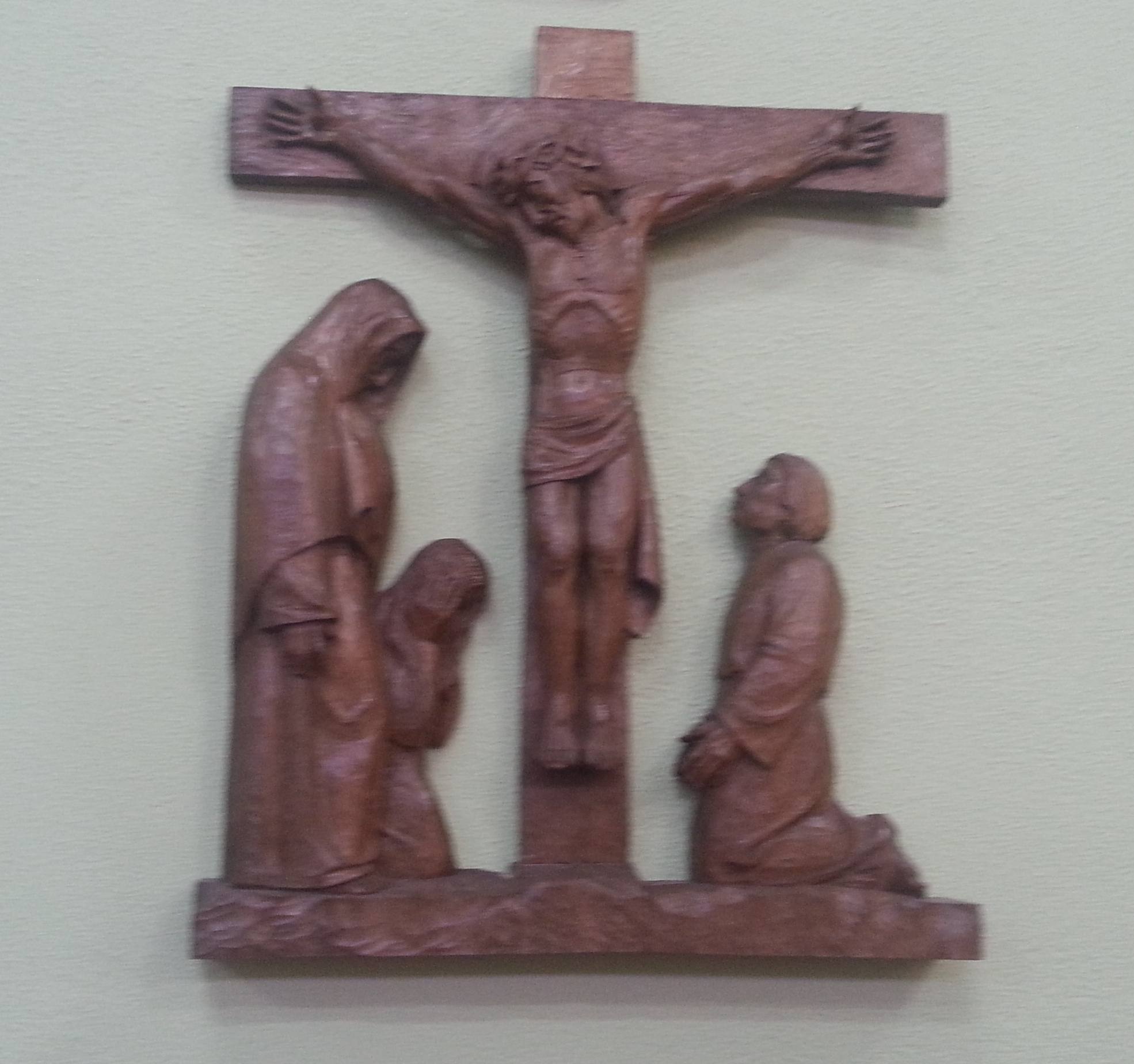We adore you, O Christ, and we praise you. Because by your holy cross you have redeemed the world.
“How did it happen?” “Had he been sick for long?” “Did he say anything to you?” – these questions are fairly typical and often asked following someone’s death. It’s not so much about nosiness as trying to fit the pieces together so that there’s a completeness around the story of someone’s life and death. When a person dies alone or in strange circumstances there can remain a lot of unanswered questions. These questions can weigh heavily on the minds and hearts of those left behind. The “if onlys” can take hold and the grieving process is delayed or suspended in the absence of answers.
Jesus’ death is very public. Its details are recorded and have been re-told for over two thousand years. The story-tellers have changed but, in the main, the account of the death of Jesus has gone unaltered. It includes a prayer of forgiveness for those involved in the execution, a conversation with a repentant thief, the entrusting of his mother to the care of his beloved disciple, a heart-rending cry to God “Why have you deserted me?”, a call for a thirst to be quenched and finally an acknowledgement “it is accomplished”. Following that, a lowering of the head and yielding of the spirit.
These details are important and call us to a relationship with the Lord, even at the moment of his death. There’s a unity here that speaks to the hearts of all who have grieved the loss of a loved one. Somebody once said that the only way to never cry at a funeral is to never love anyone. Thankfully there are very few of us who can say we’ve never loved ANYONE so it’s fair to say, we’ve done our share of crying at funerals.
Is there a tear in our eye as we think about this station? Chances are there should be.
Oh, that today we would listen to his voice, let us harden not our hearts.


